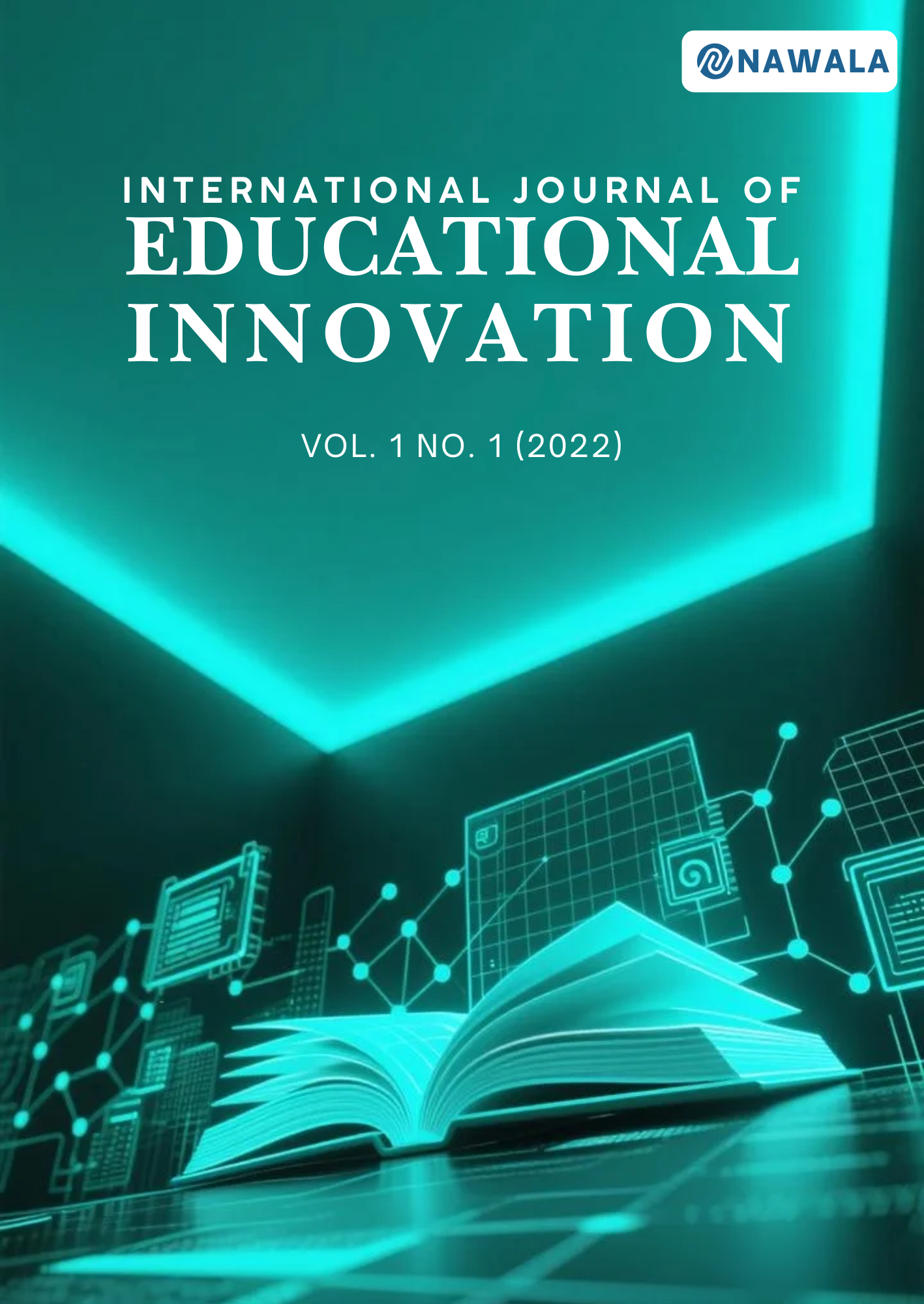Innovations in the Flipped Classroom Method and Interactive Digital Media to Address Post-Pandemic Learning Loss
Keywords:
Digital Media, Flipped Classroom, Innovation In Education, Learning Loss, Post-Pandemic LearningAbstract
The COVID-19 pandemic has caused widespread learning loss across the globe, highlighting the urgent need for innovation in teaching and learning strategies. Among the emerging solutions, the flipped classroom model and the use of interactive digital media have gained increasing attention as relevant and effective approaches to enhance student engagement and learning outcomes in the post-pandemic context. This literature-based study aims to examine the effectiveness of integrating these two approaches as a response to learning loss. The flipped classroom shifts content delivery outside the classroom while optimizing in-class time for interactive, collaborative activities. Meanwhile, interactive digital media such as videos, simulations, and gamified content offer engaging, multisensory learning experiences. Findings from the reviewed literature reveal that the integration of flipped classroom strategies and interactive digital technologies significantly mitigates the negative effects of learning loss by promoting learner autonomy, flexibility, and collaboration. These findings suggest that such pedagogical innovation has the potential to transform the post-pandemic educational landscape.





